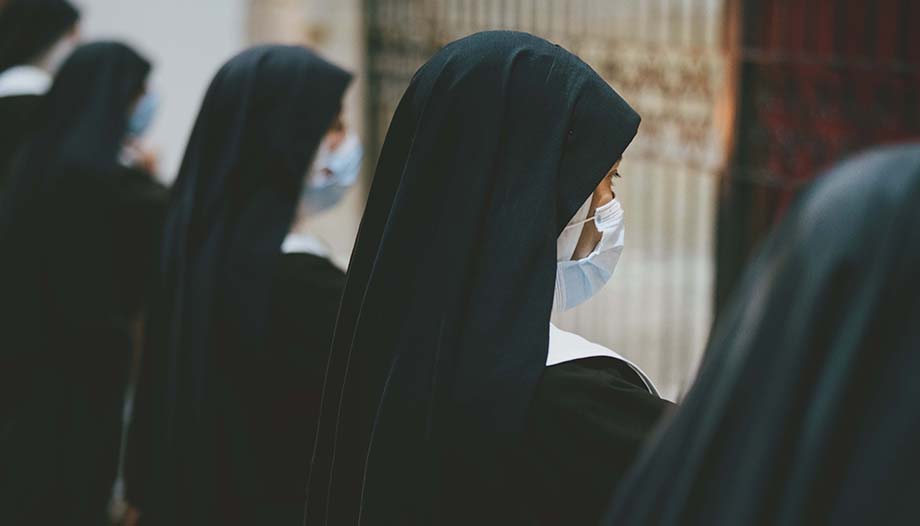The monasteries and convents of contemplative life face a difficult situation: their productive activity continues to be greatly affected by the pandemic that has aggravated the vital situation of monasteries and convents, together with their small number and, in many cases, the advanced age of the nuns and monks of these communities.
The DeClausura Foundation, through which many of these communities are helped, encourages all those who can to collaborate with alms to support these communities that have opened their doors to the foundation in a video in which they share their lives and explain their situation.
In recent years there has been a decrease in vocations and a greater lack of protection due to the depopulation of the rural areas in which these monasteries are located.
The pandemic has been especially hard on communities that are struggling to make a living from their work and pay for the costly works required to preserve the monasteries and convents in which they live.
During the last few years of the pandemic, the contemplative communities have suffered the death of sisters and brothers, some from old age and others from Covid-19; the paralysis of their productive activity during the confinement; the lack of guests and the scarcity of sales of their products due to the socio-economic crisis and their geographical location in a rural environment also affected by the tourism crisis.
This situation has led many communities to turn to the food bank to cover their basic food needs and to help each other among the convents to try to alleviate this situation.
The DeClausura Foundation
Fundación DeClausura is a non-profit organization managed by lay members of the Church that has been supporting monasteries and convents since 2006. This accompaniment allows the Foundation to know the real situation of the communities that pray and work in enclosure. In the last year, the Foundation has supported 73 communities by assuming the running costs of electricity, gas, heating, maintenance and upkeep; the payment of debts to Social Security; or burial expenses.
In addition, a great deal of work has been done for the welfare of the elderly sisters and brothers: repair of elevators, installation of ramps or cranes to facilitate their mobilization.
The Foundation also supports the initiatives implemented by the communities to continue living from their artisan work through the purchase of machinery, equipment and utensils and seeks help for the conservation of the buildings.
Spain is home to 751 monasteries with an active contemplative community, which represents a third of the monasteries and convents in the world. As for the monasteries and convents catalogued as Sites of Cultural Interest (BIC), only 33% are being inhabited by contemplative communities, 183 in total. Of the 565 BICs once built for cloistered life, 355 are now used as hotels, universities or have another private use. It is encouraging to know that the monastic jewels declared World Heritage are inhabited by stable monastic communities: the monasteries of Yuso and Suso in San Millán de la Cogolla; and those of Guadalupe, El Escorial and Poblet.









